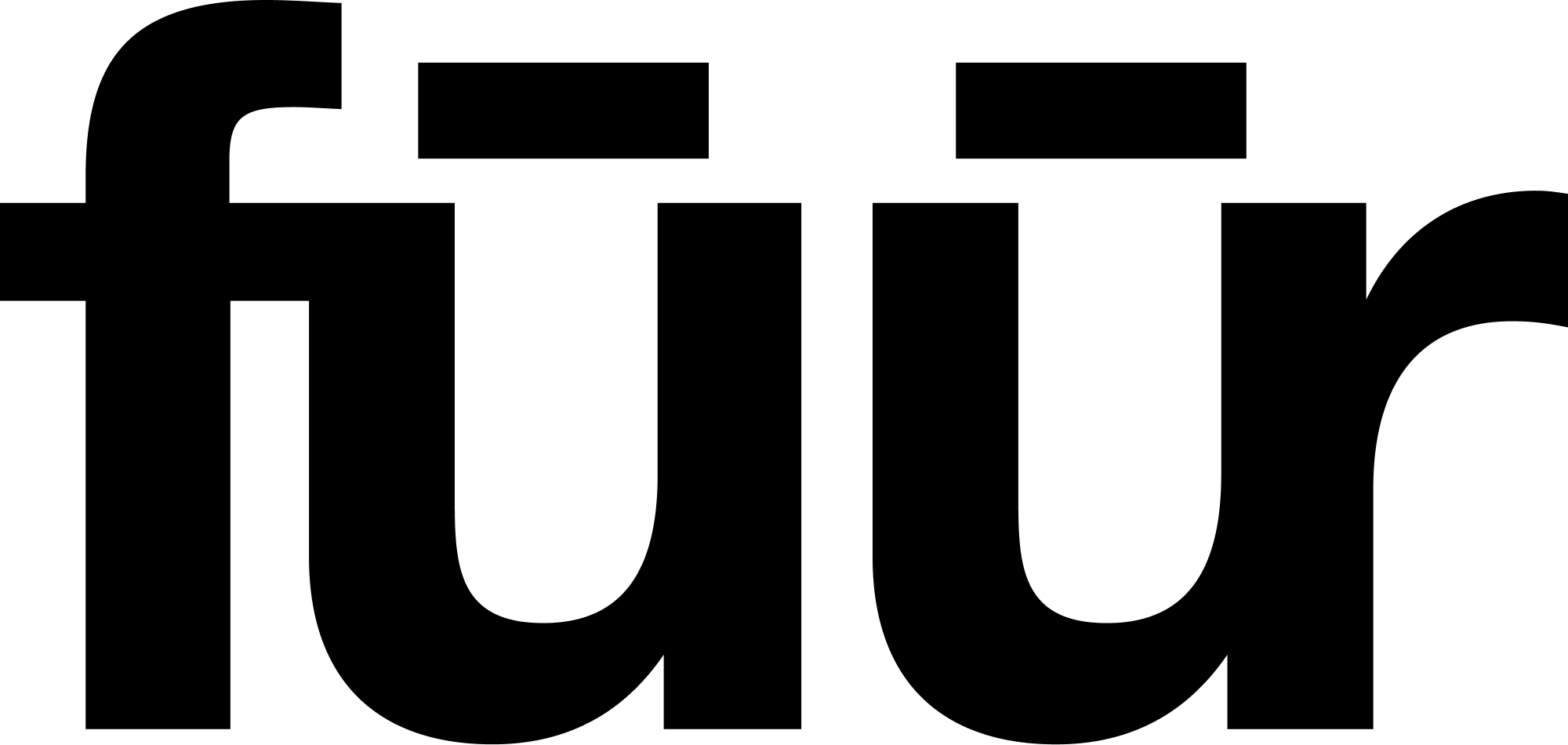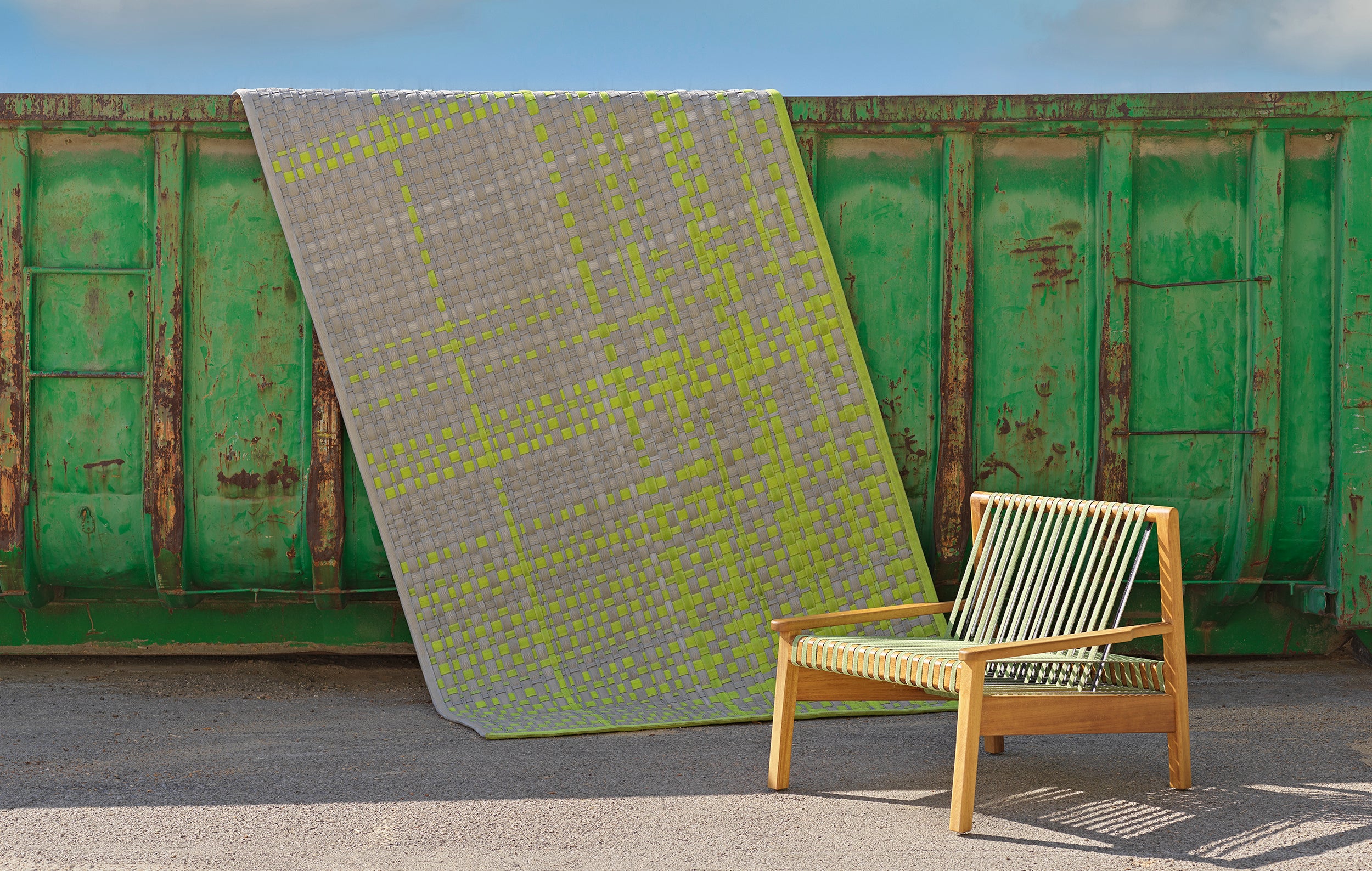OUR MISSION

Waste
Global waste is projected to increase by 70% by 2050.

Non-Renewable Resources
Global extraction is expected to double by 2060.

Water
Currently, 80% of global wastewater is untreated or reused before being returned to the ecosystem.
RETHINKING THE MATERIAL USE
We choose to 'close the loop' by giving new life to materials and products that are no longer used, rescuing them before they end up in the environment. Our work is based on the circular economy, where innovation plays a key role in optimizing the responsible and efficient use of resources. Although consumers crave sustainability, we often find ourselves challenged when seeking products that transparently reveal their manufacturing process in the market.
OUR GUMMI LINE
Annually, after their useful life, a large number of fire hoses are either incinerated or sent to landfills, causing significant levels of pollution in the environment. Our GUMMI line is created by reclaiming unused fire hoses, which, after fighting fires and saving lives, were destined to be consumed by fire (their worst enemy) when incinerated at the end of their useful life. We transform them into functional, ethical, and beautiful design objects, and restore their life-saving quality by donating a portion of the profits to social causes. (*) Among the toxic pollutants emitted by incinerators are dioxins and furans, heavy metals such as lead, cadmium, and mercury, greenhouse gasses, acidic gasses, and ultrafine particles, as well as numerous unidentified chemicals.
CIRCULAR ECONOMY
The circular economy emerges as an alternative to the more prevalent linear economy, which relies on excessive consumption and depletion of natural resources. This fresh approach aims to minimize resource impact by reducing production to the minimum necessary. It presents a promising solution where each resource is cherished and repurposed, gaining recognition as a tool for fostering sustainable development. At its core, the circular economy revolves around the concept of prolonging the presence of resources within the economic system throughout their entire lifecycle. Instead of disposing of materials after use, they're given a second chance through integration back into the economic cycle. Achieving this entails redesigning products and services, exploring new business models, and fostering innovation.
Benefits of the circular economy include:

RESCUE
Unused materials for a second life

REINTERPRETING
Their appearance and use through design

REPAIRING
The social network by sharing the benefits
We are evolving towards a sustainable economy, one that is fair and equitable, by giving equal priority to economic, social, and environmental aspects. This approach aims to foster growth and employment without compromising the environment.
Furthermore, we adhere to the principles of the circular economy as a key tool for achieving the United Nations Sustainable Development Goals (SDGs).
Access here for more information on SUSTAINABLE DEVELOPMENT GOALS.
WE MAKE REAL OUR IMPACT WITH THE SUSTAINABLE DEVELOPMENT GOALS (SDG)

We donate 2% of our profits to TILO VEREIN, a Swiss association committed to supporting vulnerable children in Argentina. Founded to benefit Argentine children facing poverty and inequality, it cooperates with various NGOs addressing poverty in Argentina, providing food, education, infrastructure, clothing, healthcare, and support for premature babies, ensuring their survival.
Click here to know more about TILO VEREIN.

We advocate for transparency in sustainable production processes. We operate with fair trade practices, establishing long-term commitments with our partners and respecting their invaluable work. We are dedicated to providing fair and consistent payment over time. Additionally, we prioritize local employment and transparent partnerships, building a team devoted to delivering high-quality products. Our products are consciously crafted, with clear expectations and supported by honest and reliable values.

We take the responsibility of giving a second life to materials that would otherwise be incinerated or sent to the landfill. We promote responsible consumption and encourage creative processes based on RECOVERING unused materials and products. We REUSE them to give them a new purpose and a second chance. Additionally, we RECYCLE production leftovers to obtain new raw materials.

We establish strategic partnerships with fire brigades to recover materials that we then renovate. We also cooperate with non-profit organizations that inform us about the needs of children. Additionally, we partner with companies that generate unused materials for future projects. In the near future, we will cooperate with institutions that provide working capital, such as organizations that work with people with disabilities in Switzerland and France. Together, we create a positive impact and promote global solidarity.
CIRCULAR ECONOMY
THE ECONOMY INSPIRED BY NATURE

LINEAR ECONOMY

RECYCLING ECONOMY





